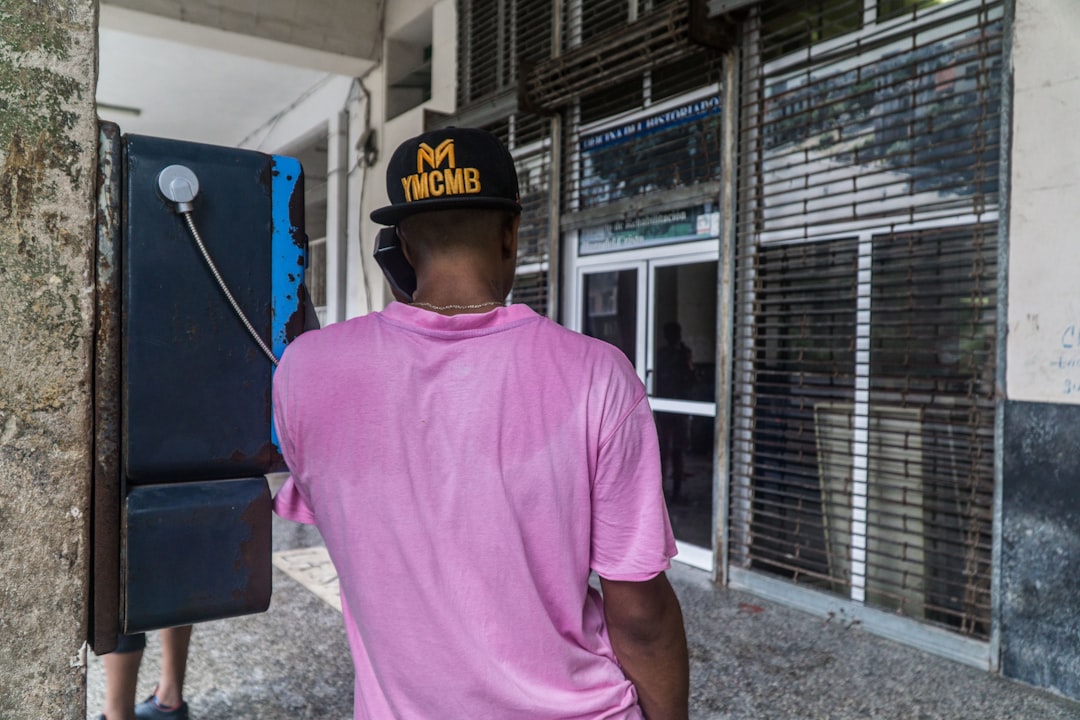In New York, federal and state laws, primarily the Telephone Consumer Protection Act (TCPA), regulate robocalls and unwanted texts to protect consumers from intrusive practices. Consumers can opt-out by replying "STOP" and register on the Do Not Call List (DNC). Businesses must obtain explicit consent before automated communications, facing penalties of up to $1,500 per violation. Residents have official channels like the FCC, New York State Attorney General's Office, and Public Service Commission (PSC) to report and combat robocalls. Adhering to these robocall laws in New York is crucial for businesses to avoid fines, reputational damage, and maintain ethical communication practices.
In New York, controlling robocalls and unwanted texts has become a pressing issue. With strict robocall laws in place, understanding your rights and how to protect yourself is crucial. This article delves into the intricacies of these laws, offers practical tips on shielding yourself from unwanted communications, explores penalties for violators, and provides resources for reporting robocalls and unwanted texts. By familiarizing yourself with these measures, you can help navigate New York’s robocall regulations more effectively.
Understanding Robocall and Unwanted Text Laws in New York

In New York, controlling robocalls and unwanted texts is governed by a series of laws designed to protect consumers from intrusive and deceptive practices. The Telephone Consumer Protection Act (TCPA) is one of the primary federal laws addressing this issue, with specific provisions for automated or prerecorded calls (robocalls). At the state level, New York has its own regulations that complement the TCPA, offering additional protections against unwanted communication, including robocalls and texts.
Understanding these laws is crucial for both consumers and businesses. Consumers have the right to opt-out of receiving robocalls and most unwanted texts by simply replying “STOP” or following other opt-out instructions provided in the message. Businesses must obtain explicit consent from recipients before initiating automated calls or sending marketing texts, with strict penalties for non-compliance. These laws aim to foster a more respectful and transparent communication environment, ensuring that New Yorkers’ privacy is respected while enabling them to enjoy the benefits of modern technology without unwanted intrusions.
How to Protect Yourself from Robocalls and Unwanted Texts

To protect yourself from robocalls and unwanted texts in New York, it’s essential to understand your rights and available tools under the state’s robocall laws. The New York State Public Service Commission has implemented regulations to curb unsolicited calls and messages, providing consumers with several protections. One key step is to register your phone number on the Do Not Call List (DNC). This list restricts telemarketers from calling your number, significantly reducing robocalls. Additionally, many mobile carriers offer call-blocking features or apps that can filter out known spam calls.
Furthermore, staying informed about current robocall laws in New York is vital. These laws empower you to file complaints against violators and seek legal action if necessary. Regularly updating your contact preferences and being cautious when sharing your number online can also minimize the chances of receiving unwanted calls. Remember, by taking these proactive measures, you contribute to a quieter, more peaceful communication environment.
Enforcing the Laws: What Are the Penalties?

In New York, controlling and regulating robocalls and unwanted texts is enforced by the Telephone Consumer Protection Act (TCPA) and similar state laws. These laws are designed to protect consumers from intrusive and harassing communication practices. Violations can result in significant penalties for both individuals and businesses. Fines can range from $500 to $1,500 per violation, with triple damages awarded if the violations are deemed willful or knowing.
In addition to financial penalties, businesses found guilty of breaking these laws may face reputational damage and loss of consumer trust. Consumers in New York have the right to file complaints against companies that violate TCPA rules, which can lead to investigations and further legal actions. It’s crucial for businesses to understand and adhere to these robocall Laws to avoid such consequences and maintain ethical communication practices.
Resources for Reporting Robocalls and Unwanted Texts in NY

In New York, controlling robocalls and unwanted texts is facilitated through various official channels designed to protect residents from intrusive communications. The Federal Communications Commission (FCC) offers a dedicated Do Not Call Registry where New Yorkers can register their phone numbers to limit marketing calls. Additionally, the New York State Attorney General’s Office provides resources for reporting both robocalls and spam texts, empowering citizens to take action against these nuisance calls.
For specific laws related to robocalls in New York, the state’s Public Service Commission (PSC) plays a crucial role in enforcing regulations. The PSC oversees telecommunications practices, including restrictions on automated calling, to ensure consumers’ rights are protected. Reporting such incidents is straightforward; consumers can file complaints online or through dedicated hotlines, contributing to a collective effort to curb excessive robocalls and unwanted texts.






